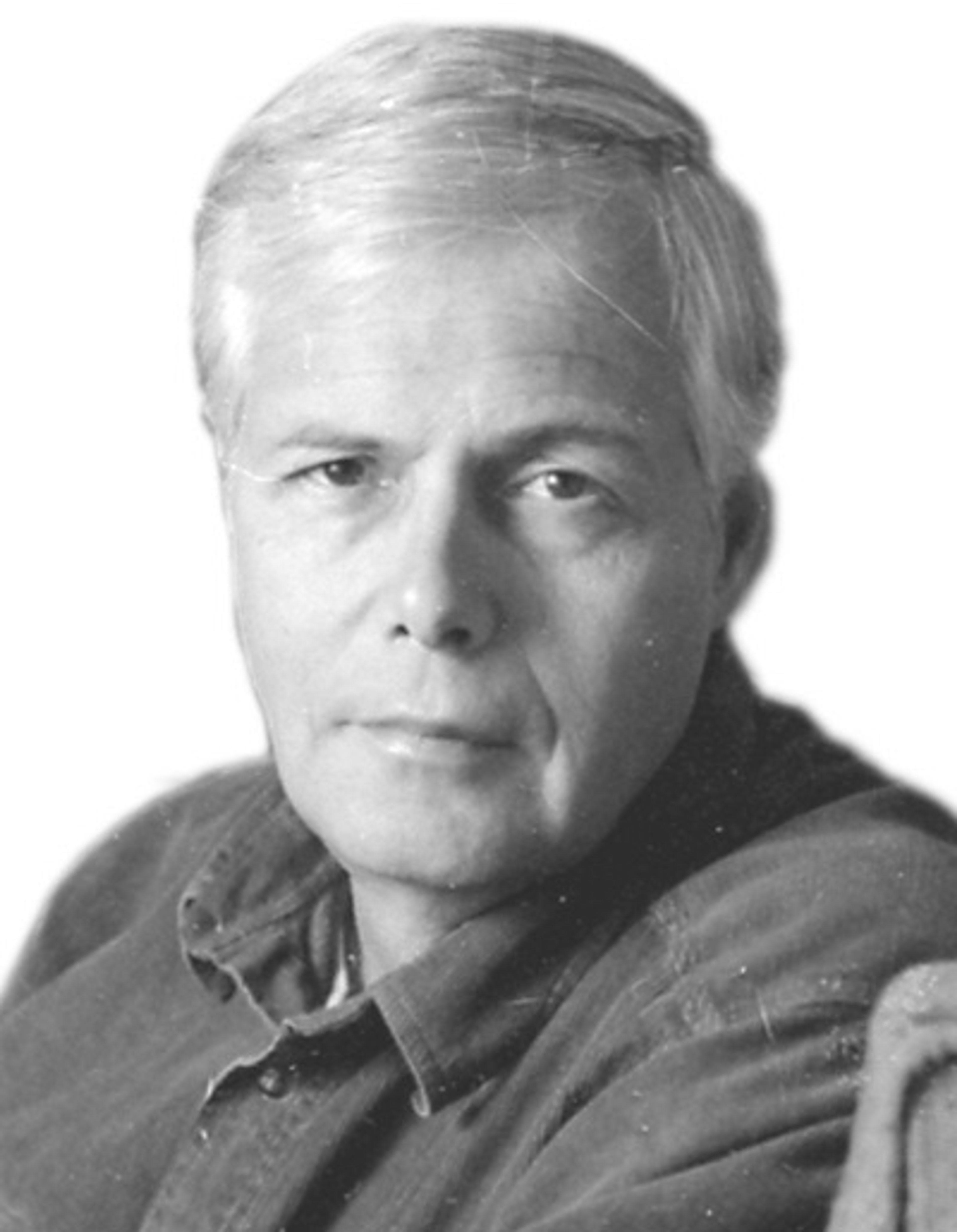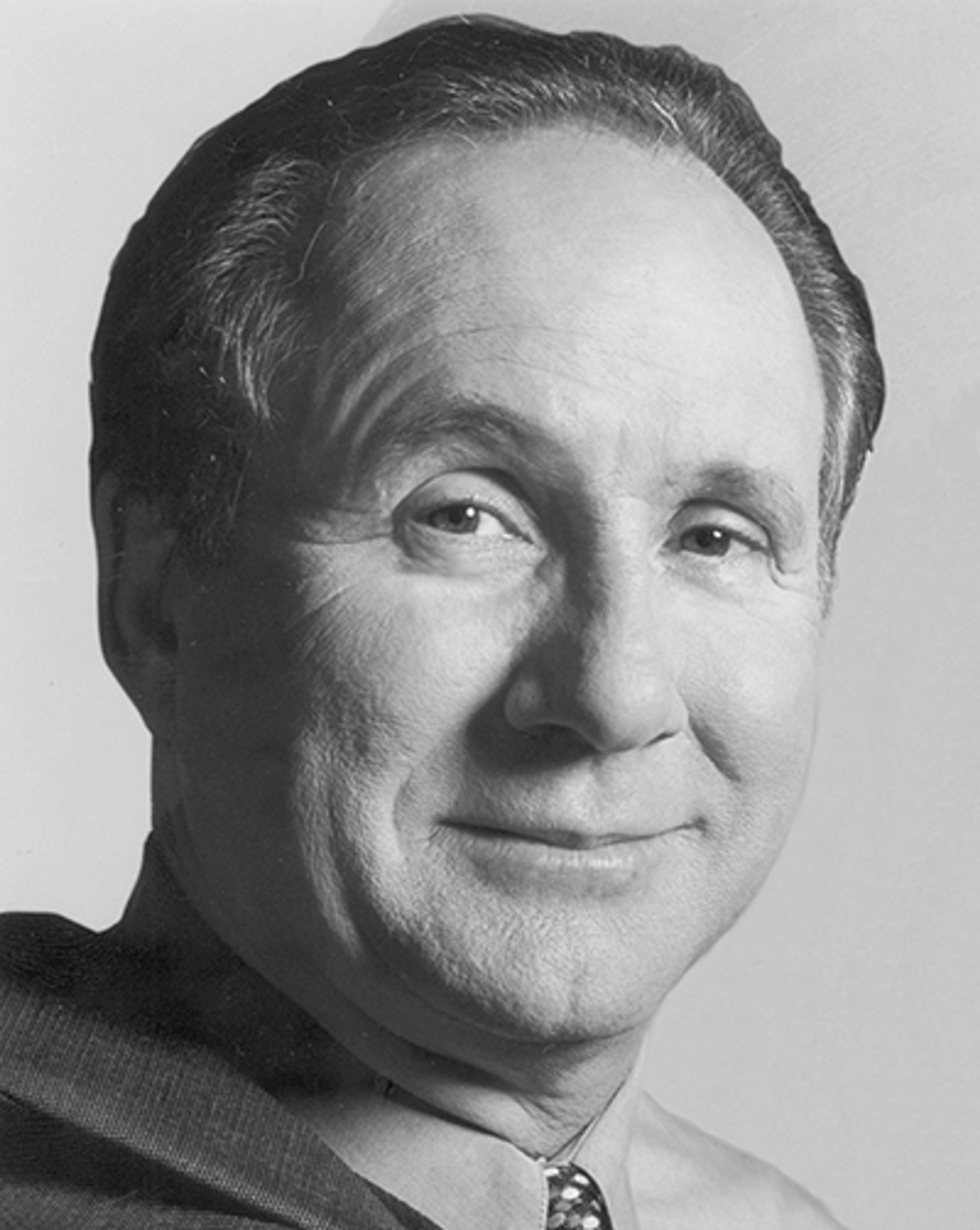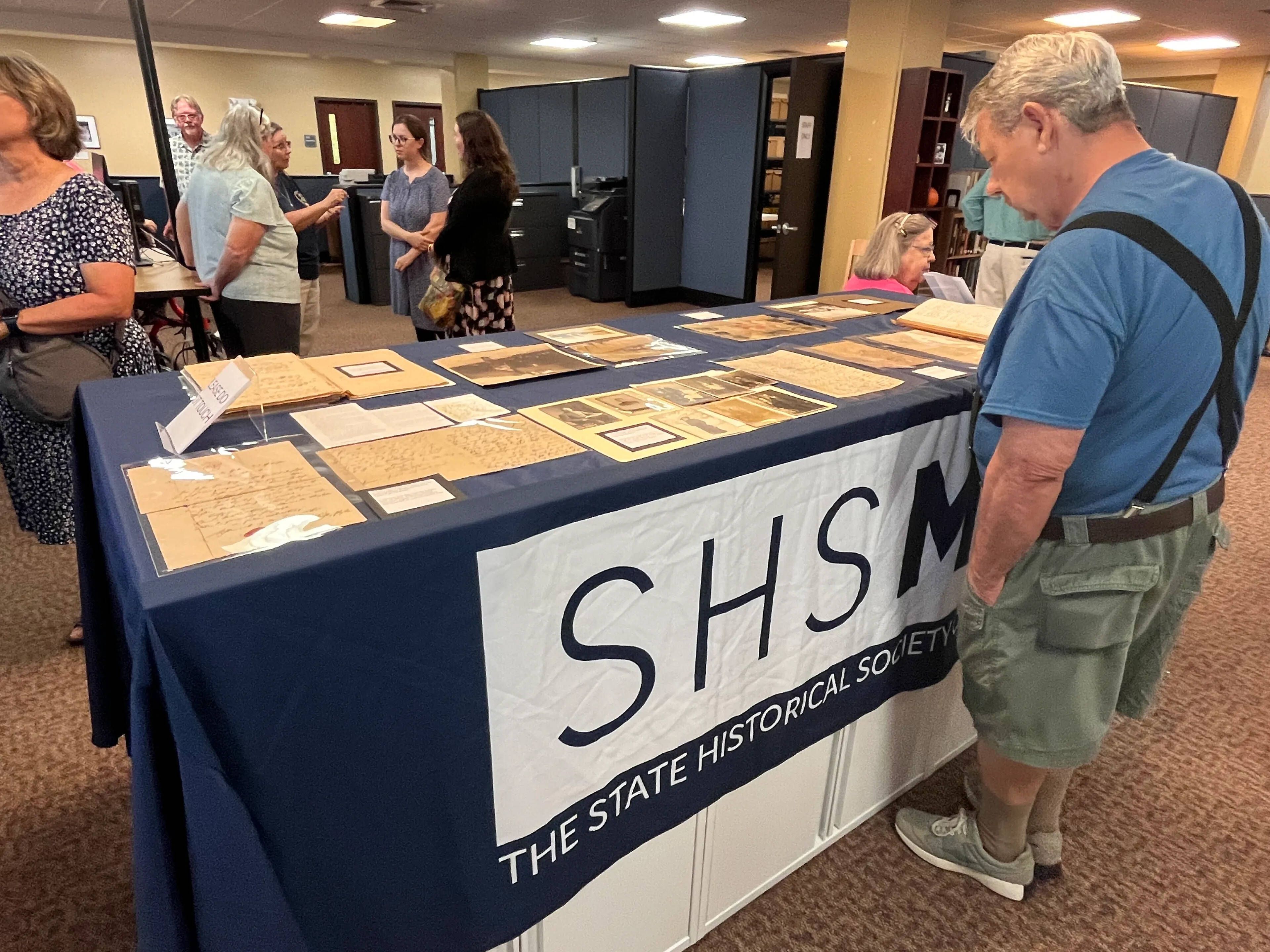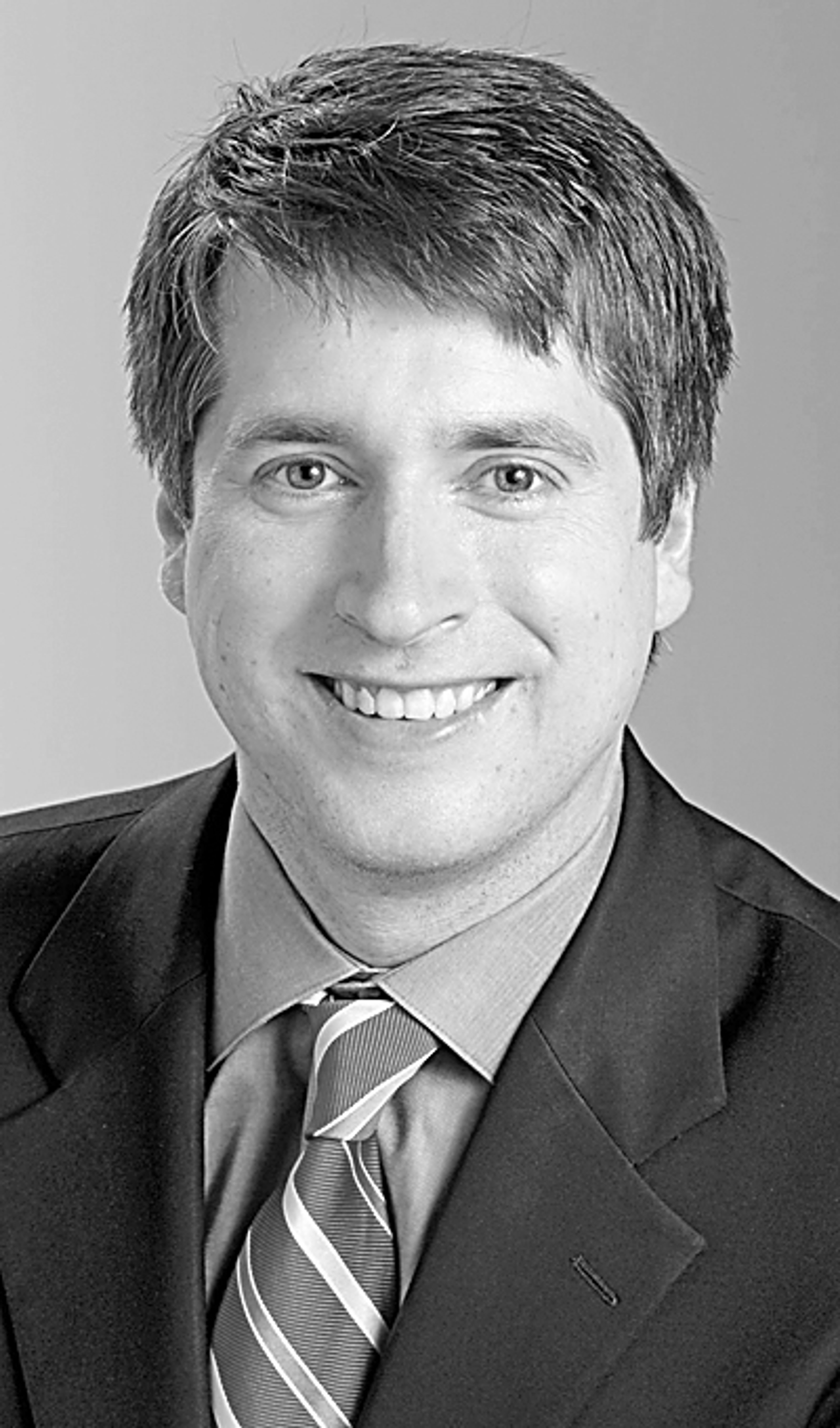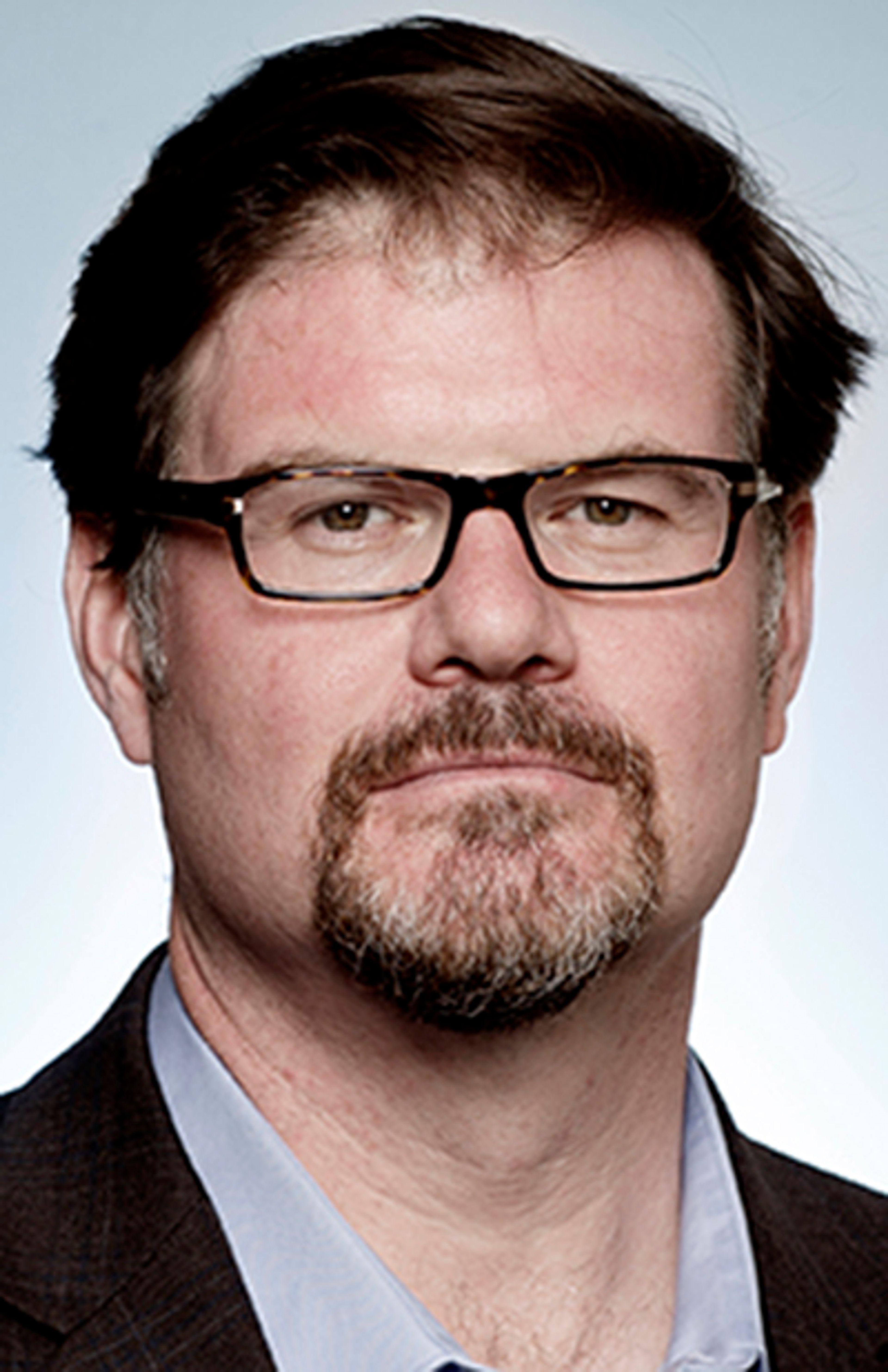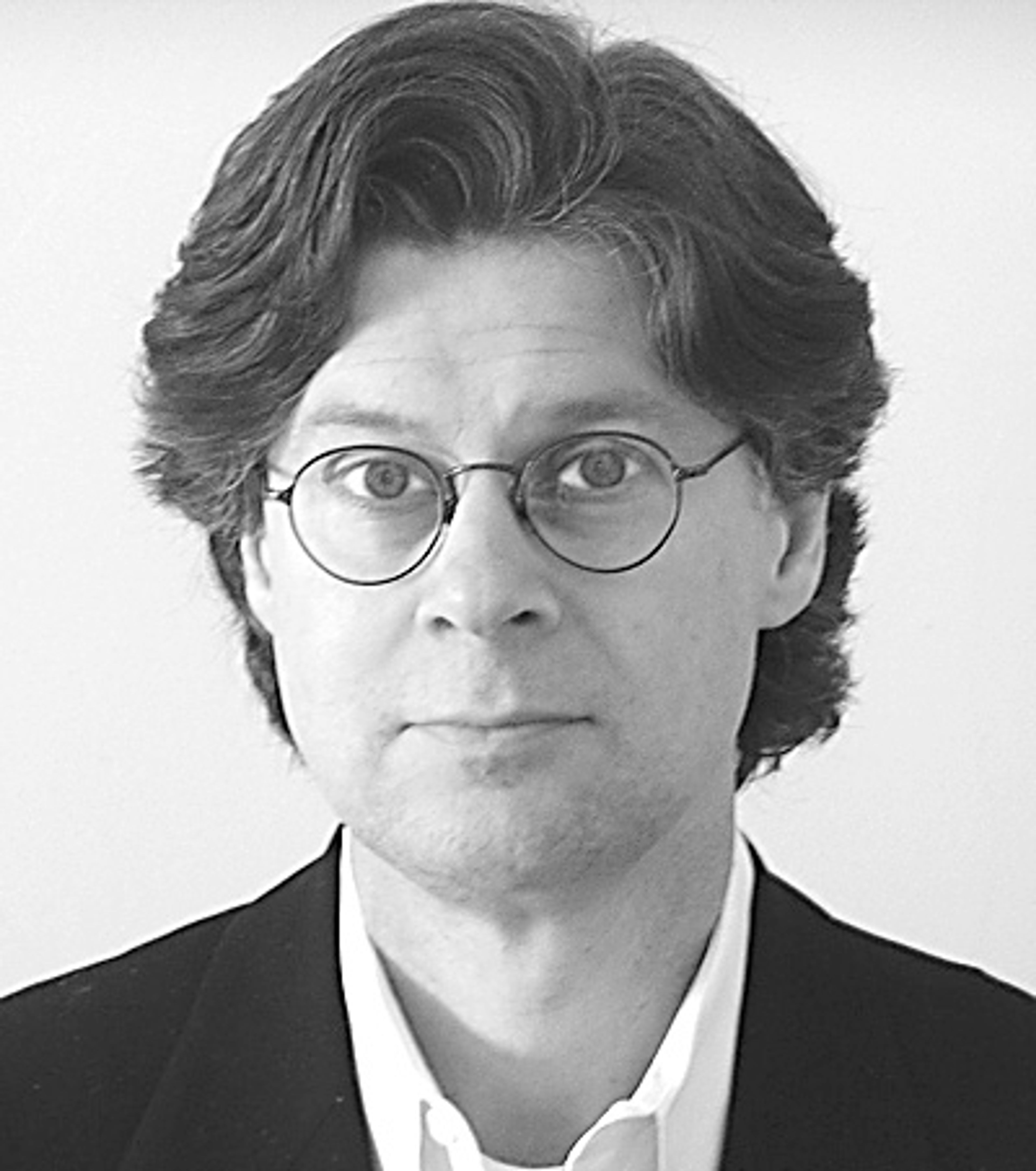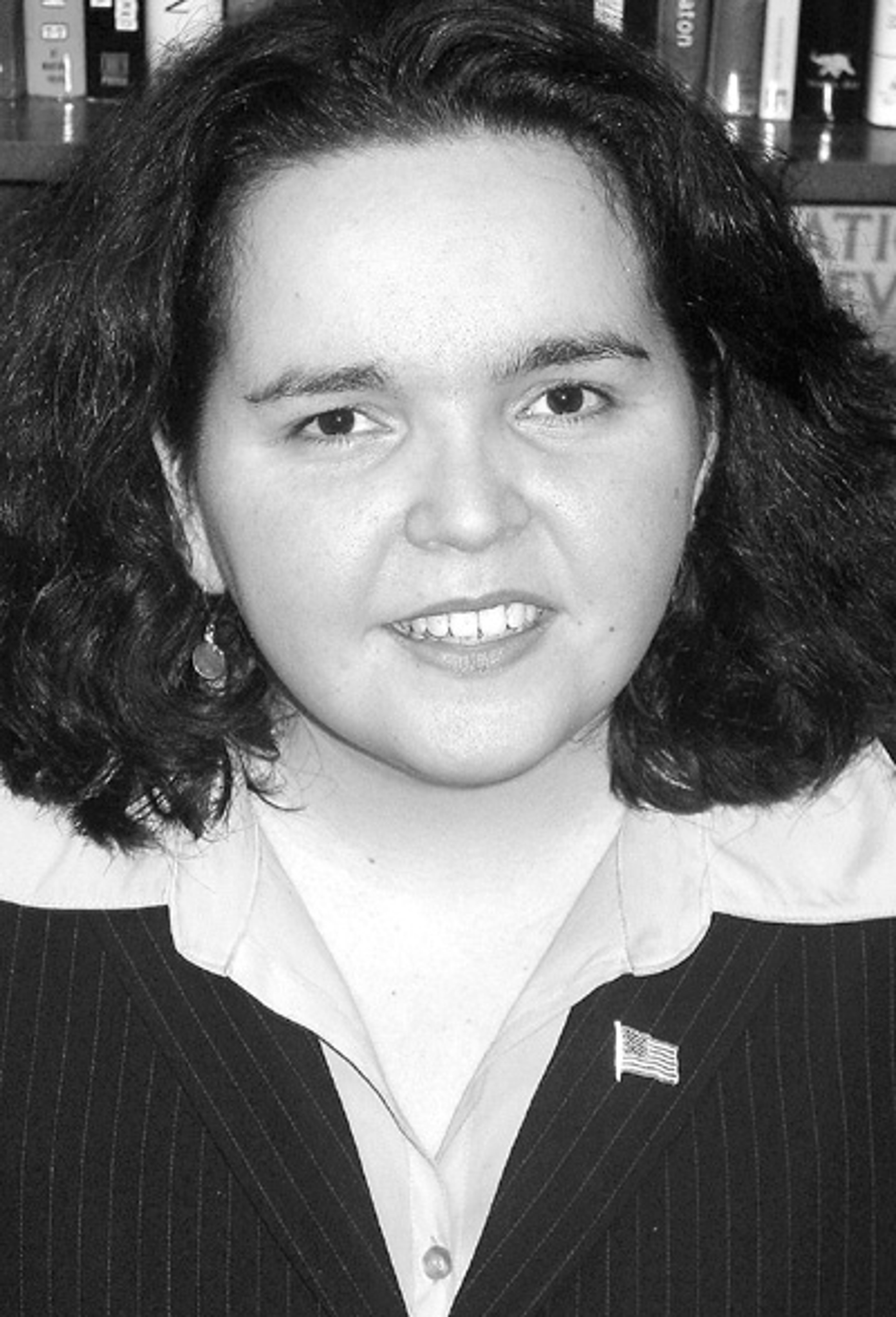With the arguments so compelling on both sides, one hesitates to pronounce with any finality on the contentious issue of federal funding for embryonic stem-cell research. The careful citizen struggles to absorb as much information as possible from wide reading of print publications, leading journalistic Web sites, talk radio, church and other moral leaders, as well as visits with friends and associates. In all this it is easy to be practically overwhelmed with information. With scientists, ethicists and physicians divided, the task is all the more daunting for us laymen.
What seems fair to say is this: The careful, thoughtful and highly deliberative manner in which President George W. Bush approached the issue makes this writer proud to have backed him early in the nominating contest, back in the winter of 1999, and proud to have helped host him in his visit here two years ago last week. His speech Thursday night seemed a model of the way to approach such a divisive issue. Surely the overwhelming majority of Americans will be satisfied that this president approached the issue in a prayerful manner and arrived at a balance that can be made to work.
Describing it as "a hell of a good speech," Michael Ledeen put it this way:
"We can hope that W's fine speech will do some good, by elevating the debate, by showing the public that politicians can grapple with truly profound problems with modesty and dignity, and that this president is trying very hard to advance our interests, moral as well as material. Did someone say Solomonic'?"
Meanwhile, some of the available reading suggests that the whole debate may be overblown, on both sides. The issue before the president, recall, was strictly the question of federal funding. Privately funded, embryonic stem-cell research will continue. So will adult-stem-cell research.
Moreover, writing on Nationalreview.com, the indispensable science writer Michael Fumento posed an excellent question about a month ago: Why can't we step up the business of recovering of umbilical cords for the harvesting of cells that are routinely discarded by the hundreds of thousands each and every month? In truth, there is little stopping us from doing exactly that.
---
School choice help is on the way: Over the next few weeks, news will be made on school choice right here in Missouri. We have a fascinating situation with our two urban school systems, two of America's worst. In Kansas City, a marvelous experiment in urban educational innovation is under way. No fewer than 17 charter schools will be up and running there when school starts in a few days, offering parents promising alternatives to the desperately bad schools in which government has trapped their children. Kansas City is home to the fastest growing charter movement in America.
St. Louis, by contrast, is a public-educational wasteland -- in every sense of that word -- where the grand poobahs of the Education Establishment have slammed the door on promising innovations such as charters. Despite three years of hard work, advocacy, demonstrations and outright begging by many of us, only four or five charters have been issued there, and not all of those are actually up and running.
Those of us in the pro-school-choice cavalry are hitching up our horses and riding toward the sound of the guns. Stay tuned.
~Peter Kinder is assistant to the chairman of Rust Communications and president pro tem of the Missouri Senate.
